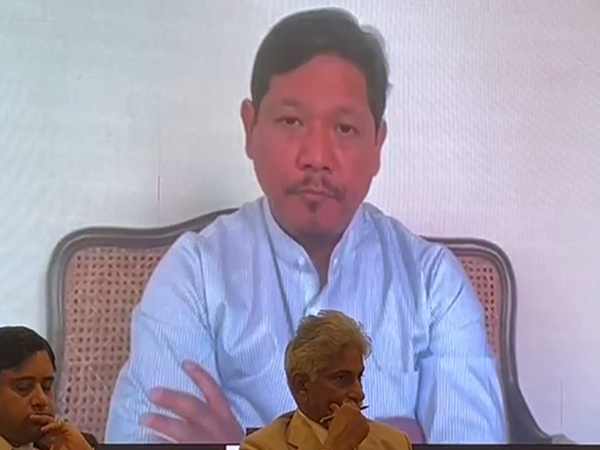Former Deputy Director of agriculture of PoJK highlights farmers' problems
Aug 28, 2024

Muzaffarabad [PoJK], August 28 : Agricultural conditions are worsening in Pakistan-occupied Jammu and Kashmir (PoJK) due to the high cost of fertilizers, the revocation of subsidies, issues with the irrigation system, water shortages, and expensive seeds.
Highlighting the issue, Pervez Ahmed, former deputy director of agriculture said, "If you go to the Neelam side and other areas of PoJK, there was a time when there used to be apple orchards there, but then slowly, the government of the area lost its interest in these farms due to their high maintenance costs."
"It is the government's responsibility to take care of these orchards and make the younger generation aware of it."
Further, he highlighted the struggles of rice farmers in POJK and stated that the high cost of seeds and chemical fertilizers has led to a decline in rice farming in the region.
"Similarly, there was a time when there was so much rice farming here in PoJK but look at it now seeds are expensive, and chemical fertilizers cost a lot so the farms that were once here are no more. One bag of fertilizers and seeds costs around PKR 10,000 to 15,000 PKR. Due to this, farmers avoid buying these supplies and framing pieces of equipment. And all these rates are set by the Agriculture Department of Pakistan," said Ahmed.
Ahmed urged the government to reduce the cost of seeds and fertilizers and bring back the subsidies so that more people will start involving themselves in farming again.
Farmers in PoJK face significant challenges impacting their livelihoods and agricultural productivity.
Major issues include low income, debt, outdated farming practices, and limited access to modern resources. Infrastructure problems, such as inadequate irrigation and poor market access, further exacerbate their difficulties.
Climate variability and natural disasters also pose risks to crop yields. Government support is often insufficient, with gaps in agricultural policies and limited outreach to those in need.
Irregular rainfall and reduced snowmelt from glaciers are also affecting the availability of water for irrigation.


















